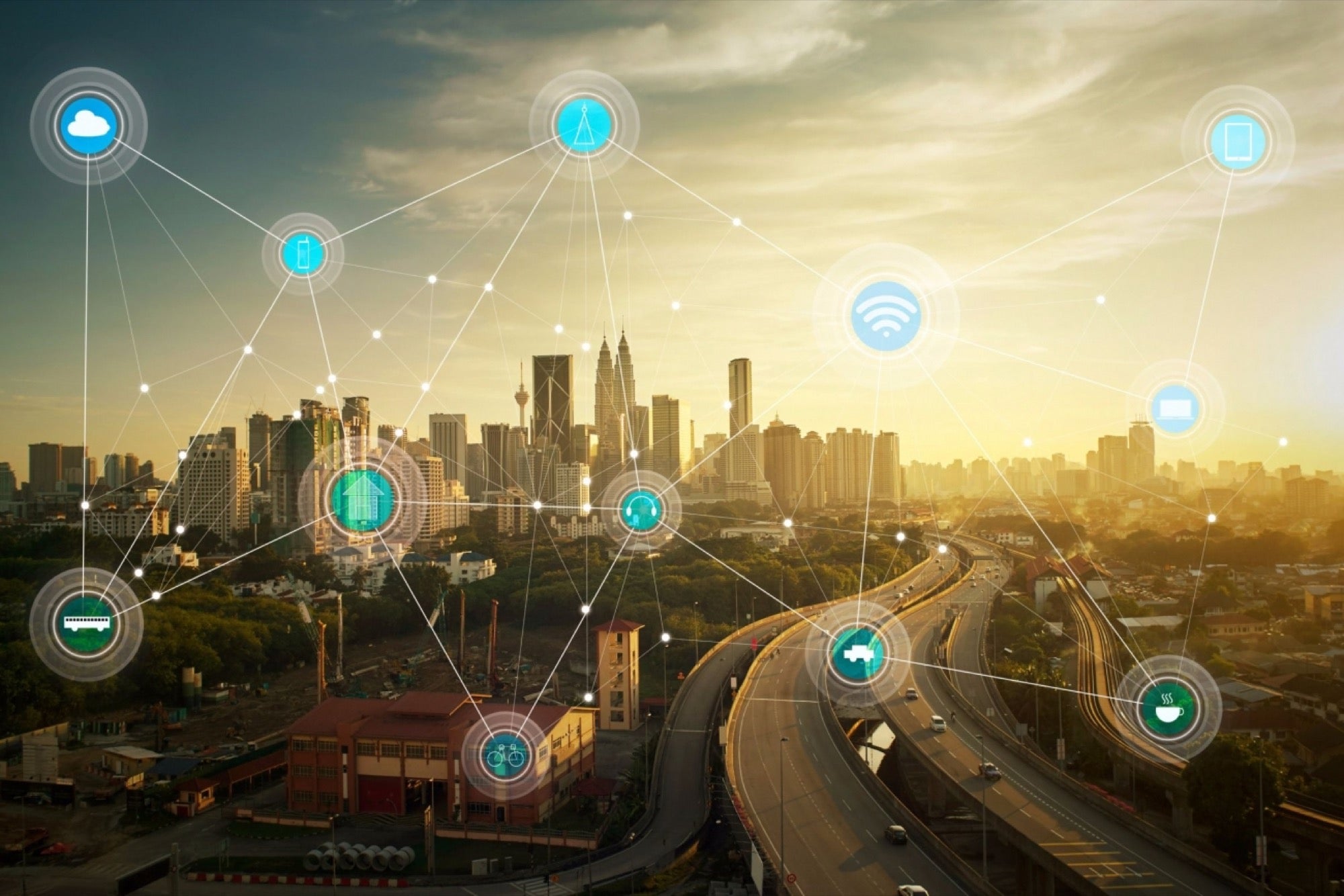Here's What the Media Should Really be Focusing on With Blockchain Technology It's not an exaggeration to say that from a technological framework perspective within 30 years blockchain technology is going to form the foundation of practically every global sector
By Henry Wang
Opinions expressed by Entrepreneur contributors are their own.
You're reading Entrepreneur India, an international franchise of Entrepreneur Media.

Bitcoin and the blockchain spaces may be attracting a substantial amount of news media attention. However, most of this attention is rooted in the price of the top three cryptocurrencies– Bitcoin, Ethereum, and Ripple, weighing actively towards the former.
This is to be expected, of course, given the price drawing them into the headline. It's not particularly efficient as far as being representative of what blockchain is all about and – specifically – the real long-term global impact this space is going to have.
Blockchain to Exert Greater Clamor
It's not an exaggeration to say that from a technological framework perspective within 30 years blockchain technology is going to form the foundation of practically every global sector. Just as the Internet changed the way people, companies and now, with the advent of the Internet of Things, objects interact with one another, blockchain will induce the same degree of change, and more.
Of course, when all we see is bitcoin's price soaring, or crashing, or whatever might have happened that day, we will lose the long-term perspective and miss out on the slow but steady wave of change coming.
Need for Awareness
People, be it individuals or groups combining to form global corporations, need access to education outlining clear and simple use cases for blockchain technology. In doing so, knowledge helps these individuals recognize precisely how this technology can improve upon the current legacy framework.
In other words, there is no point telling a medical doctor that a distributed ledger technology can underpin micro-transaction-based access to encrypted and unalterable data.
What a full train of jargon!
However, tell the same doctor they can access a patient's up-to-date medical records in real time from anywhere in the world and, at the same time, interact with other physicians or insurance providers to facilitate treatment. The whole concept becomes a lot more realistic (and, by proxy, worth taking the time to understand).
Let's elucidate through another example.
It's been nearly six months since Hurricane Maria devastated Puerto Rico. Unfortunately, there are still more than 400,000 individuals left with no power and, consequently, no reliable access to the internet.
With no reliable access to the internet, practically every form of regular communication becomes obsolete and, when communication becomes impossible or at least impractical, other kinds of essential services break down. Healthcare becomes challenging to administer, utilities become difficult to support and provide, and even law enforcement personnel will face obstacles in providing security. In other words, without internet access, chaos could break out, and the quality of life we are used to will be impossible.
Mesh Network - The Solution
There has long existed a conceptual solution to this sort of problem. It's called a Mesh network. Conceptual because while it's technologically possible, the economics of providing a network of this type has prevented it from being introduced or utilized on a broad scale.
The idea is that you can harness and connect multiple devices to form a decentralized network with no central point of control. Without a central point of control, natural disasters, such as Maria, have a dramatically reduced impact on a region's ability to maintain a stable and reliable Internet and communications connectivity.
So where does blockchain come into this?
Well, as noted, conceptually this is great. However, it's challenging to incentivize individual nodes (e.g., a smartphone device) to join and help form a Mesh network using legacy technology.
With blockchain technology, however, and the introduction of smart contracts that remove the necessity for third-party intervention that rests at the center of a node's interaction with the network, the concept becomes not just possible but relatively straightforward.
Here's an example of how a Mesh network works. Within a Mesh network, a functional layer is created which provides the software side of the equation, allowing separate notes to interact with one another and –here's the critical part – allowing for the use of a blockchain to facilitate micropayments between individual nodes. A network that works on this protocol provides a virtually unbreakable internet connection.
The payment, in this case, is facilitated using what's called a token, which is essentially the currency of the network.
Think of a case where a box is used a router, while there is a smart TCP/IP protocol, but in both cases, each has been upgraded to form the basis of a Mesh network as opposed to being at the root of the current internet framework.
In this instance, the use-case becomes instantly apparent.
By administering Mesh networks in regions prone to natural disasters or, as is the case for nearly 4 billion people right now, have little to no reliable Internet connectivity regardless of natural conditions, the problem of loss of connectivity can be solved.
This is just one of many examples how this technology can make a real difference in today's world, and it's the sort of use case that should be grabbing headlines in mainstream news media, as opposed to bitcoin's rollercoaster price action.
It's not, unfortunately. If the bleeding edge of technology has its way, however, and history tells us that it does, it won't be long before this changes.









